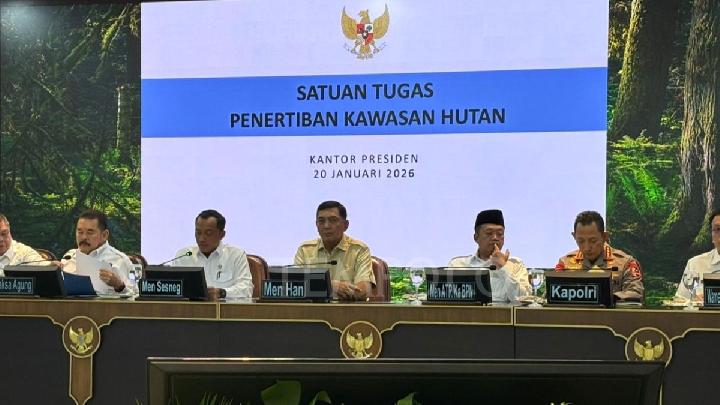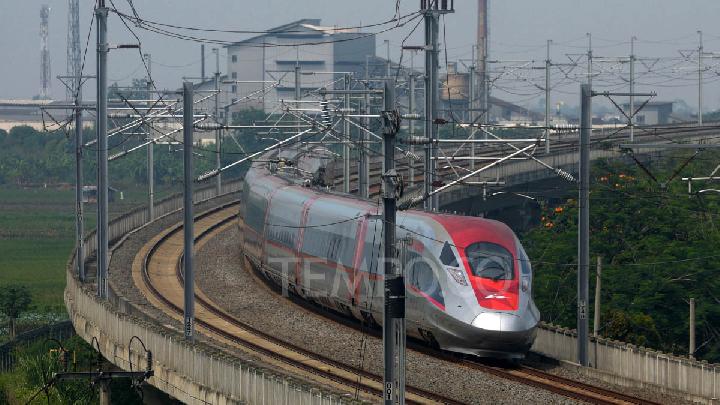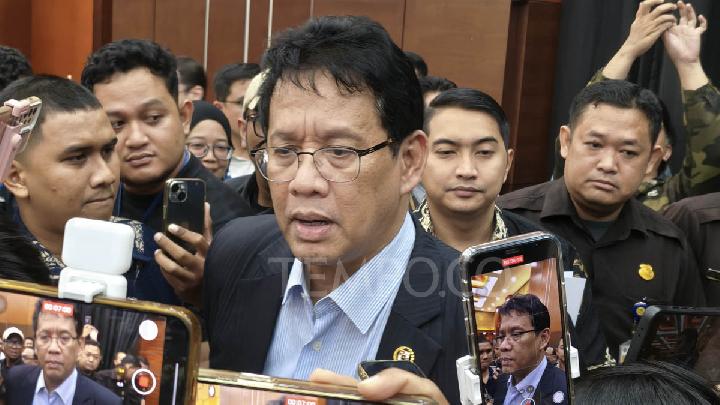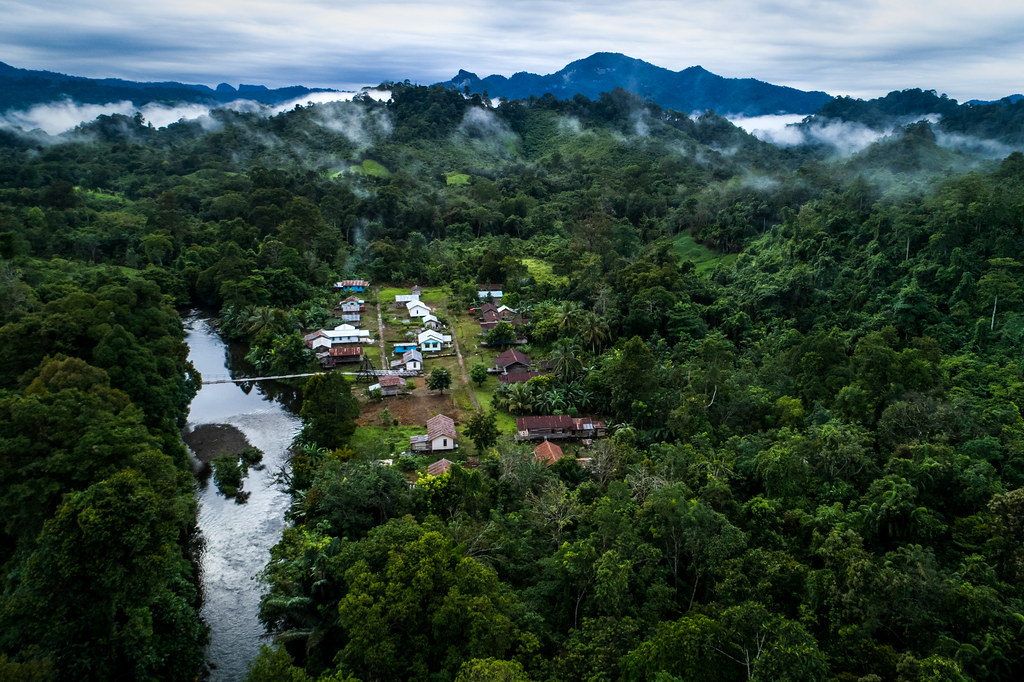November 7, 2025 | 03:00 pm

TEMPO.CO, Jakarta - State banks are to fund the construction of red-and-white cooperative warehouses. This is a dangerous decision because it is at odds with the principle of caution.
PRESIDENT Prabowo Subianto continues to come out with risky policies that endanger the Indonesian economy. Without any clear calculations, the government’s order to the State-Owned Banks Association (Himbara) to fund the construction of warehouses and outlets for the red-and-white cooperatives poses significant risks in the future.
Prabowo, through Presidential Instruction No. 17/2005 on the Acceleration of the Construction of Outlets, Warehouses and Facilities for Village/Urban Village Red-and-White Cooperatives, has tasked Agrinas Pangan Nusantara with building outlets, warehouses, and other facilities for these cooperatives. State-owned banks have once again had the misfortune to be ordered to pay out huge amounts to fund an ambitious program of unproven business feasibility.
With a maximum of Rp3 billion allocated for physical construction of each outlet, and a target of 20,000 cooperative outlets in operation in the first stage, this means the total funds required are at least Rp60 trillion. The Finance Minister has also been asked to prepare a scheme for allocating additional funds in the State Budget to realize Prabowo’s ambition of opening 80,000 cooperatives throughout the nation.
The market has already responded negatively to the intervention by the head of state in the policies of Himbara banks. The share prices of five state banks dropped, and their market capitalization has fallen by 26.3 percent in the last year to only Rp1,188.06 trillion. Market confidence has been eroded because the management of the banks, which should be independent in terms of policymaking, has now become a cash cow for development, as happened under the previous administration.
Aside from the confidence of the capital markets, consumer trust, which is the main foundation of the banking industry, is also at risk if this practice of forcing banks to fund populist programs continues. Especially since at a time when the economy has yet to fully recover, the potential for even small problems arising must be mitigated. After all, history has shown that major crises begin from lack of caution on the part of the banks. Therefore, consumer trust in the banking sector must be maintained.
And forcing through the establishment of these red-and-white cooperatives through any means necessary has led to concerns that growth will not be long-lasting. The command policies in this program have put an end to the main elements of cooperatives, namely that they are a way of bringing about economic equality, that they grow from the grassroots and they are managed in a way that is efficient and accountable.
The implementation of the red-and-white village cooperatives has damaged the investment climate. Healthy business competition is not being established because of the heavy hand of the government behind these cooperatives. The government is even involved in fiscal matters through the state-owned banks providing liquidity for these cooperatives. This is very different from other businesses in villages that have grown organically.
The only way to prevent massive problems caused by the continued forcing through of this ambitious government program is the appearance of clear thinking in policy making by the management of these state-owned banks. They should realize the potential for significant dangers to the banks and the economy if they are forced to fund projects that are financially unfeasible, and then resign.
This paradigm is crucial if they wish to avoid future legal entanglement for having facilitated projects that cause losses to the state.
Double Burden Weighs on State-Owned Banks in Prabowo's Era
2 hari lalu
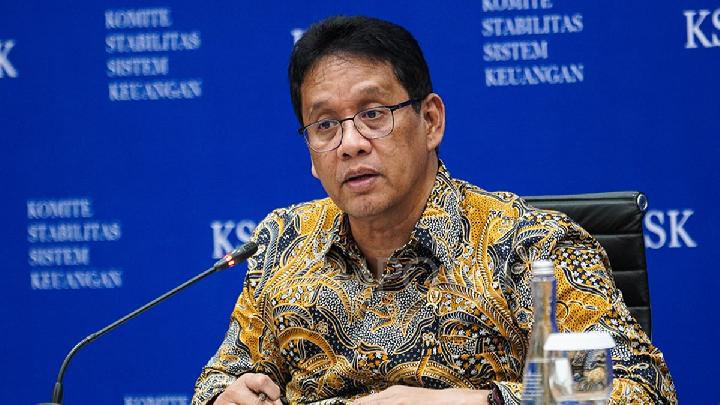
The government's Rp200 trillion fund placed in state-owned banks is nearly exhausted for business loans.
The Stalled Launch of Red-and-White Cooperatives
2 hari lalu
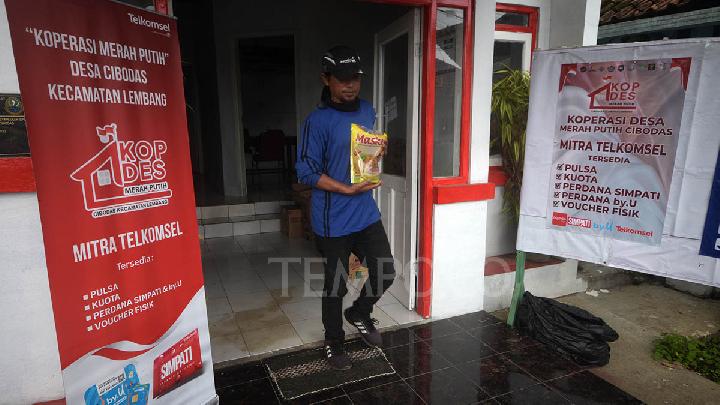
Tens of thousands of red-and-white village cooperatives remain inactive. The government is providing a complete facility package, including capital.
Why Himbara Bank Shares Are Falling in the Prabowo Era
3 hari lalu
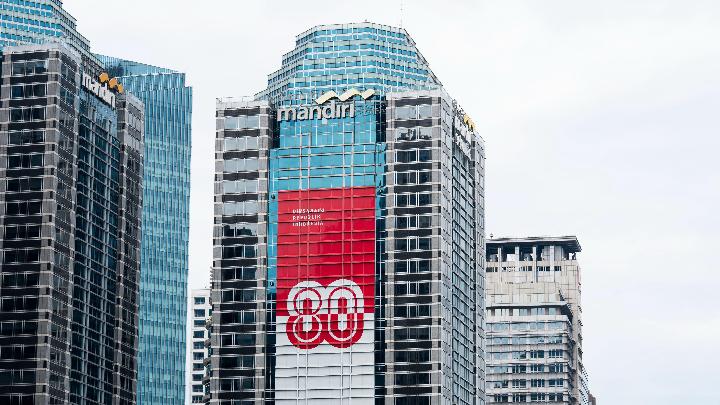
Share prices and market capitalization of state-owned banks have plunged over the past year as market sentiment shifts
Indonesian Govt Floats Plan to Employ Former Migrant Workers in Village Cooperatives
6 hari lalu
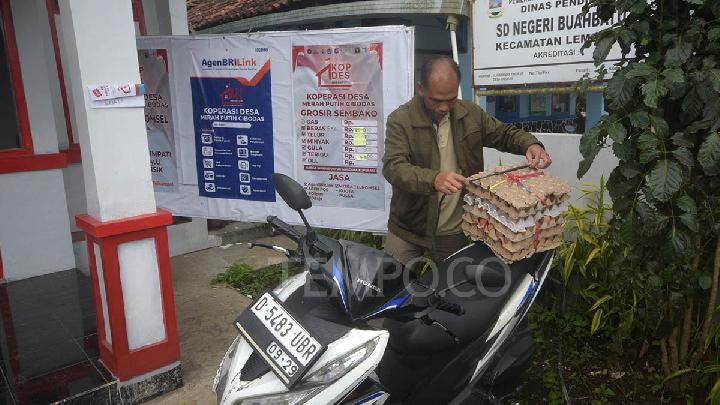
The inclusion of former migrant workers in the Red and White Village Cooperatives is expected to expand the local economic base.
Indonesia's OJK Says Rp200tn Deposit in State Banks Could Ease Lending Rates
16 hari lalu
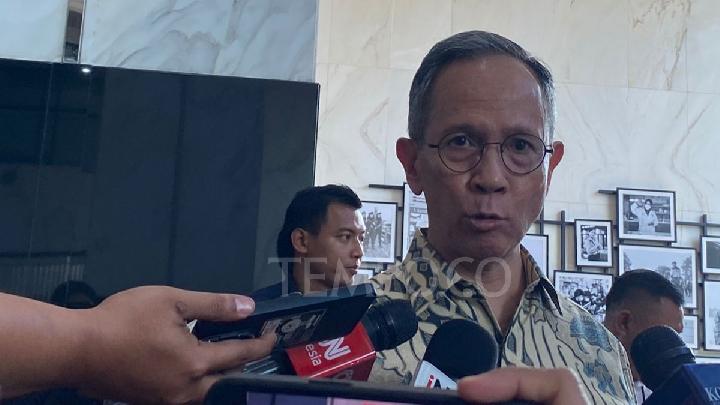
OJK Chair Mahendra Siregar said the Rp200 trillion placement in state-owned banks could help lower interest rates.
Villages to See 20% of Red and White Cooperatives Revenues, Says Minister
20 hari lalu
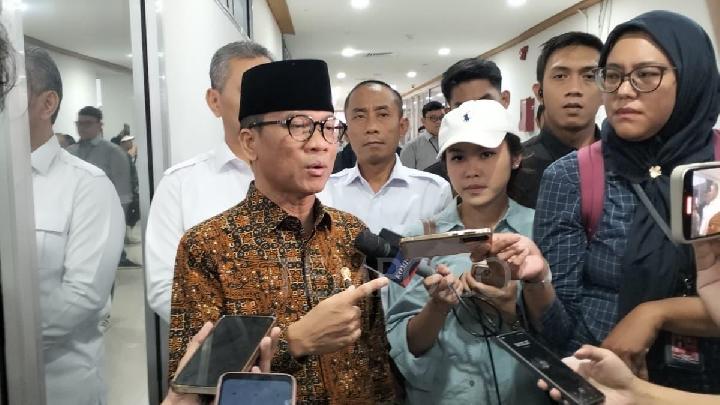
Minister Yandri Susanto said 20 percent of Red and White Village Cooperatives' revenues will be channelled into the Villages Budget (APBDes).
Indonesian Govt to Expand Direct Cash Assistance to 35 Million Families
20 hari lalu

The government will disburse the additional Direct Cash Assistance (BLT) through state banks to 18.3 million recipients.
Indonesia's Purbaya Mulls Additional Cash Injection for State-Owned Banks
24 hari lalu

Finance Minister Purbaya Yudhi Sadewa has spoken about the chance to inject additional funds into state-owned banks (Himbara).
Indonesian Finance Minister to Distribute Rp200 Trillion Remaining from State Banks to Regional Banks
28 hari lalu

Minister of Finance Purbaya Yudhi Sadewa stated that he would transfer the money to the Regional Development Bank (BPD).
Bank Mandiri Disburses 74% of Government Funds, Finance Ministry: "Quite Promising"
28 hari lalu
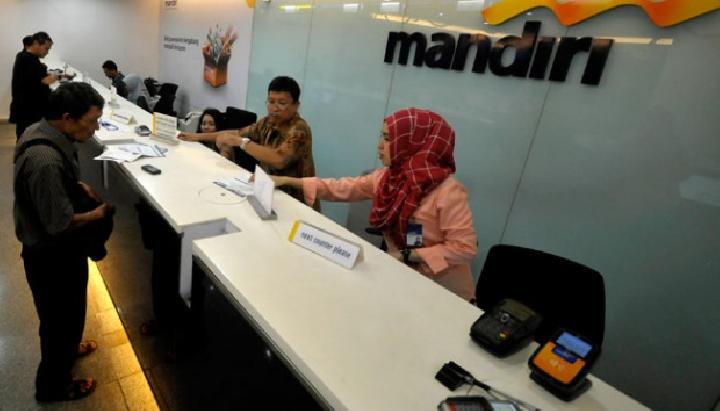
The policy of transferring government funds from BI to Himbara banks is aimed at strengthening banking liquidity and driving credit growth.











